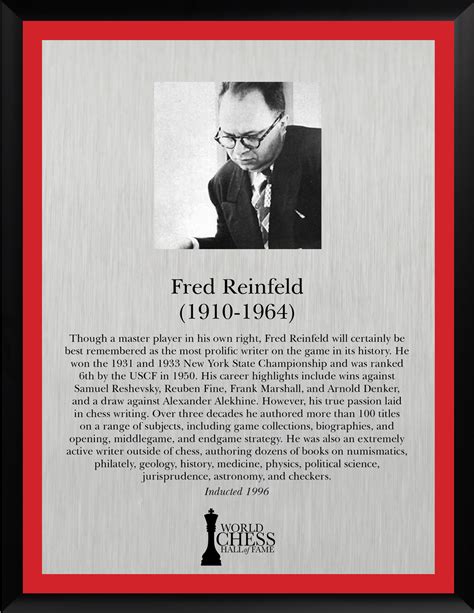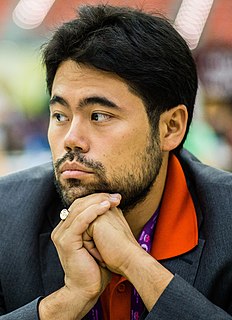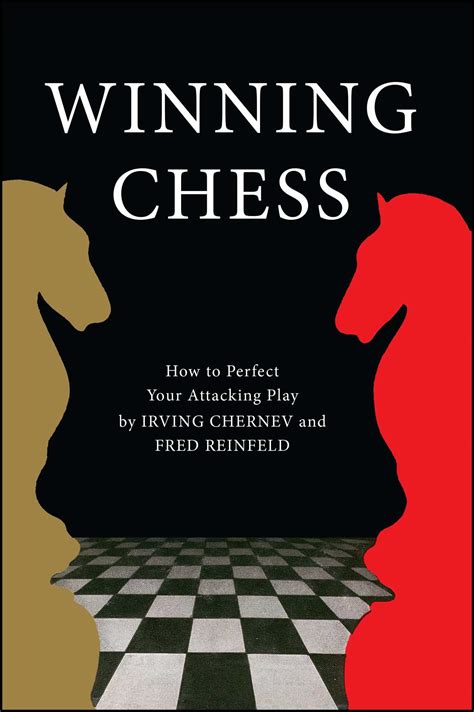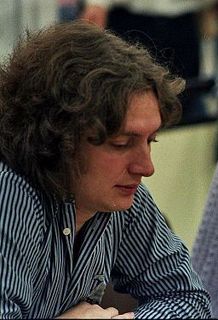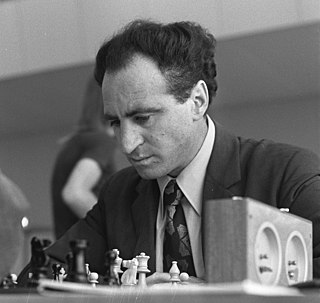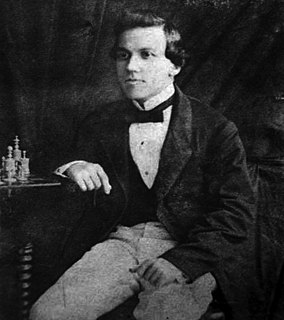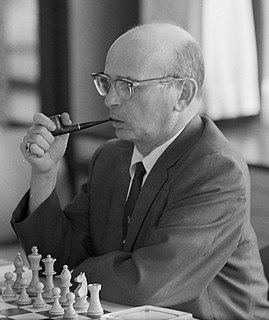A Quote by Fred Reinfeld
One interesting indication of Capablanca's greatness is that to non-chess players his name was better known than the names of all other chess masters together! This was due partly to his engaging personality and distinguished appearance: he was one of those exceptional people who at once stand out in a crowd.
Related Quotes
But the thing that was great about Capablanca was that he really spoke his mind, he said what he believed was true, he said what he felt. He [Capablanca] wanted to change the rules [of chess] already, back in the twenties, because he said chess was getting played out. He was right. Now chess is completely dead. It is all just memorisation and prearrangement. It's a terrible game now. Very uncreative.
I love the competitive aspect of it [business]. It's like playing chess. Why do people play chess? Knowing the realm of moves? Even when you get to be a chess master, there are other chess masters you want to beat or outperform. And to me business is just a sport that I love to compete in; a continuous intellectual challenge that really motivates me.
I love chess, and I didn't invent Fischerandom chess to destroy chess. I invented Fischerandom chess to keep chess going. Because I consider the old chess is dying, it really is dead. A lot of people have come up with other rules of chess-type games, with 10x8 boards, new pieces, and all kinds of things. I'm really not interested in that. I want to keep the old chess flavor. I want to keep the old chess game. But just making a change so the starting positions are mixed, so it's not degenerated down to memorisation and prearrangement like it is today.
For my victory over Capablanca I am indebted primarily to my superiority in the field of psychology. Capablanca played, relying almost exclusively on his rich intuitive talent. But for the chess struggle nowadays one needs a subtle knowledge of human nature, an understanding of the opponent's psychology.
It's interesting that the greatest minds of computer science, the founding fathers, like Alan Turing and Claude Shannon and Norbert Wiener, they all looked at chess as the ultimate test. So they thought, "Oh, if a machine can play chess, and beat strong players, set aside a world champion, that would be the sign of a dawn of the AI era." With all due respect, they were wrong.
When I used to go to the Manhattan Chess Club back in the fifties, I met a lot of old-timers there who knew Capablanca, because he used to come around to the Manhattan club in the forties - before he died in the early forties. They spoke about Capablanca with awe. I have never seen people speak about any chess player like that, before or since.
